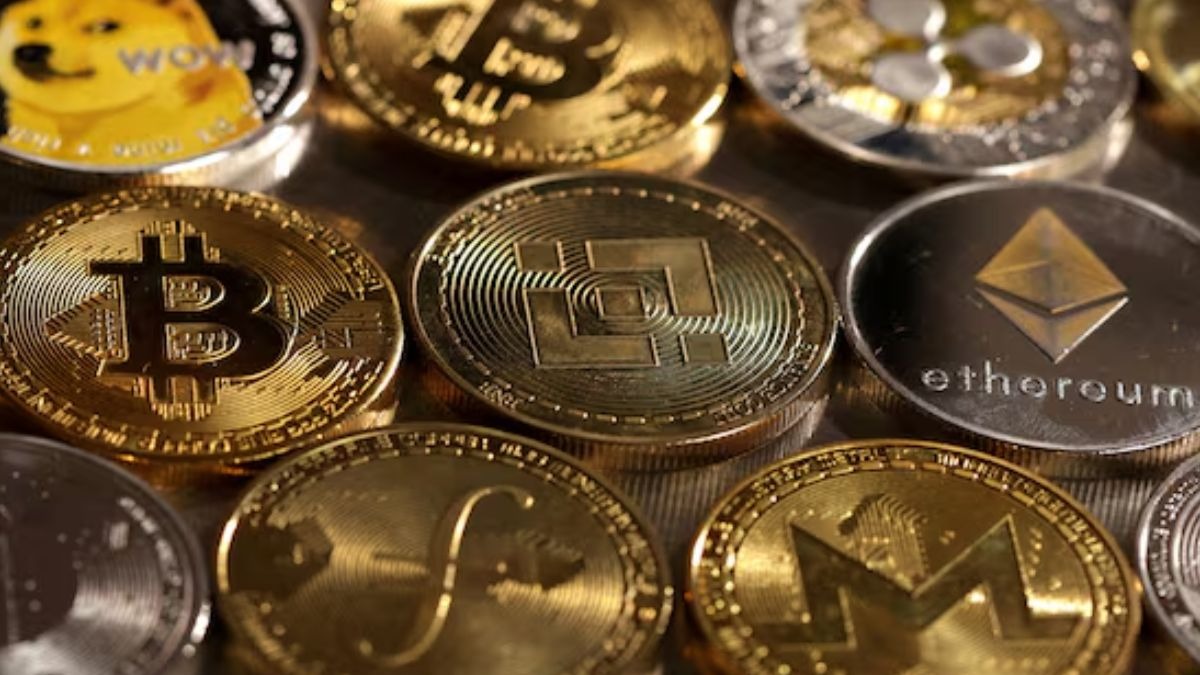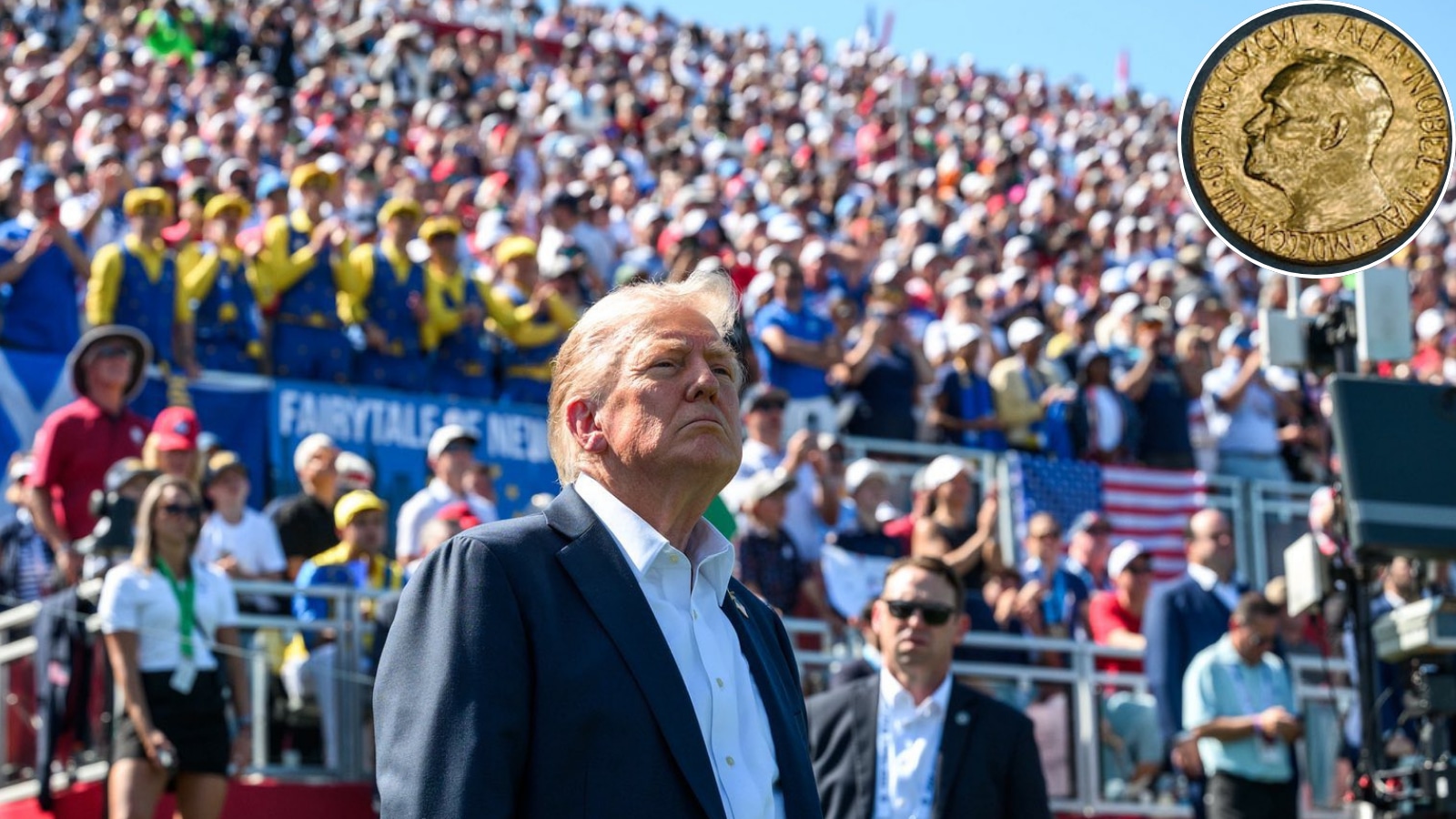Trump's Tariff Threat: Is China Holding the World Hostage?
In a dramatic escalation of the ongoing trade war, President Donald Trump has announced steep tariffs on Chinese goods, claiming that China's recent restrictions on rare earth minerals have made the nation 'hostile.' But what does this mean for global markets and the tech industry? Buckle up, because this is about to get intense!
Following China's bombshell decision to limit exports of rare earth elements, which are crucial for various technologies, Trump took to his social media platform, Truth Social, to express his frustration. He stated that he sees 'no reason' to proceed with a planned meeting with Chinese President Xi Jinping, signaling a potential breakdown in diplomatic relations. This feud is more than just a disagreement; it’s a clash between two of the world’s largest economies, and it’s set to ripple through global markets.
Trump’s proposed tariffs could soar to a staggering 100 percent on Chinese imports as early as November 1. This move comes after Beijing enforced tight export controls on rare earth minerals, requiring special permits for foreign shipments. Think of rare earths as the secret sauce in high-tech gadgets: vital for everything from smartphones to military equipment. Without these materials, tech industries worldwide could face serious supply chain disruptions, leading to increased prices for consumers.
The stakes are incredibly high. In fact, the S&P 500 index suffered a shocking 2.7 percent drop, marking its worst day since April 2023. Investors are understandably jittery as they ponder the potential fallout from these escalating tariffs. Trump’s comments about China holding the world 'captive' due to its control over these essential materials raise concerns about future trade dynamics and global stability.
As we look ahead, the question remains: Will these tariffs actually be imposed? Trump himself hinted there might be room for negotiation, stating that 'we're going to have to see what happens.' In the meantime, the conflict continues to brew, with both countries bracing for a showdown that could define their economic futures.


























